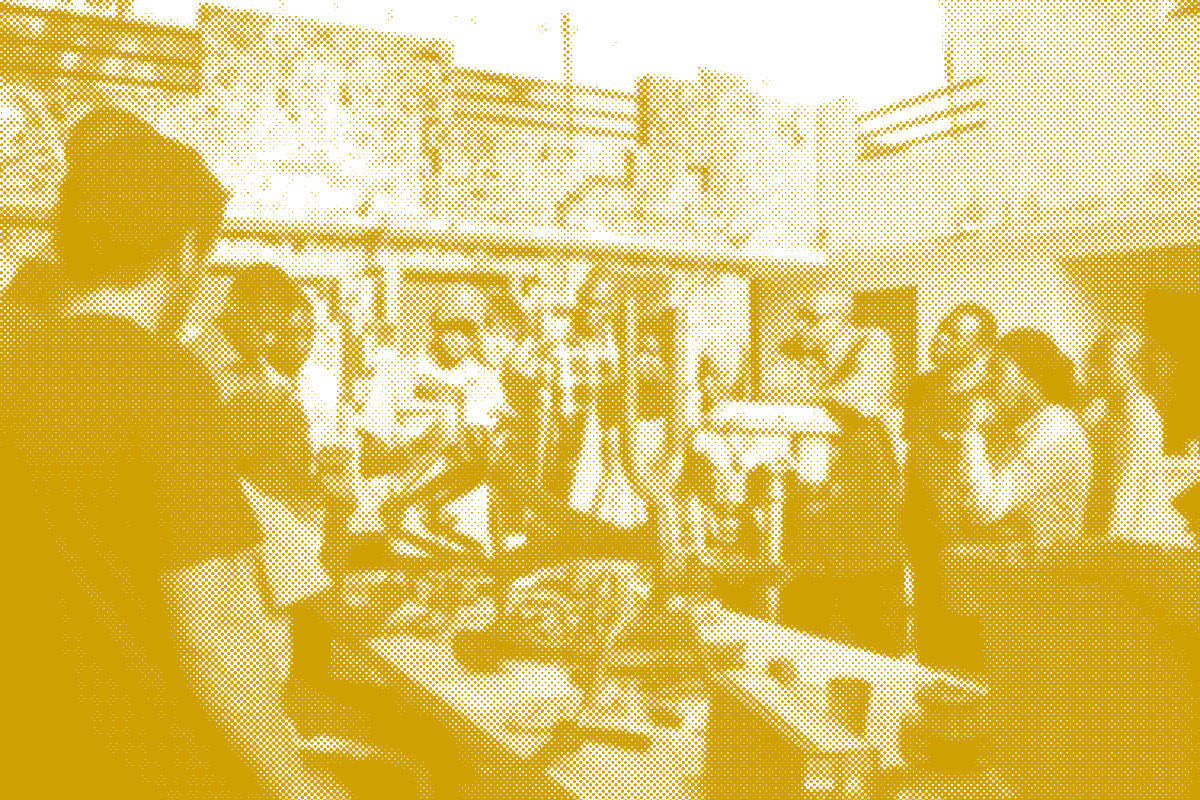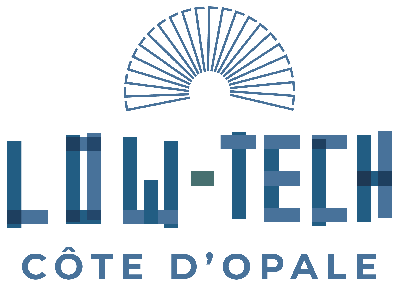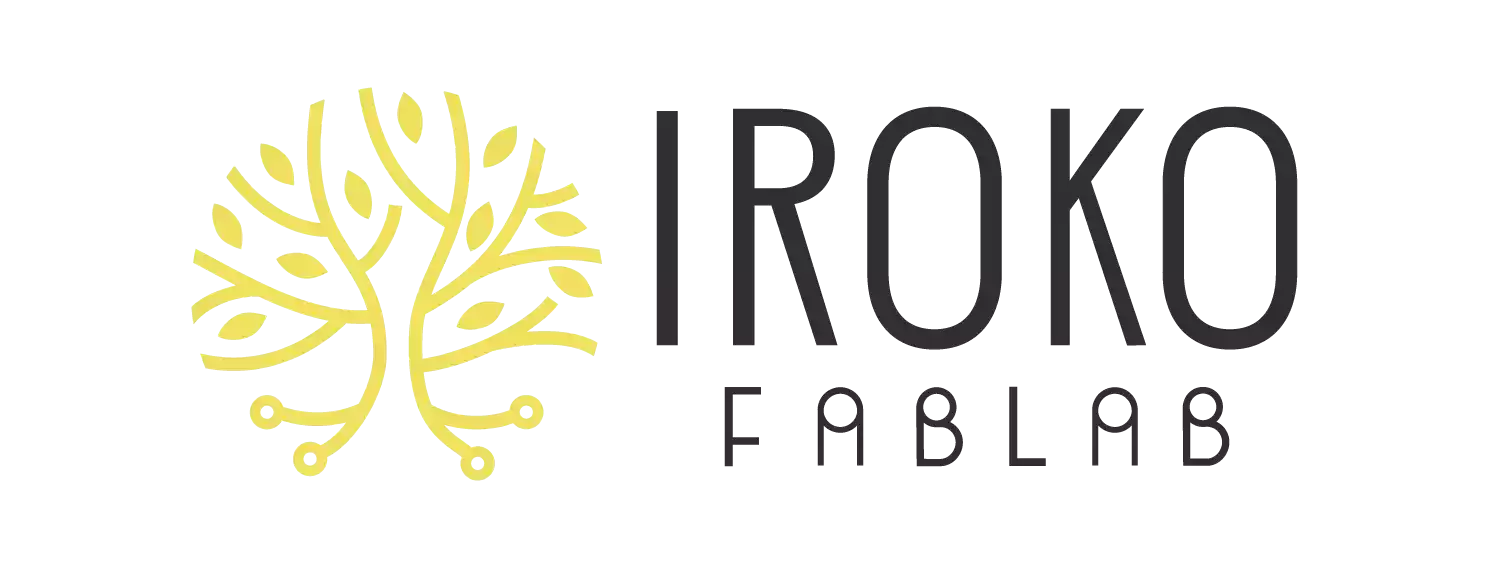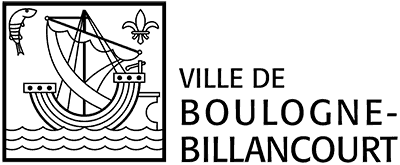Founded in 2013, the LowTechLab is a French general interest association dedicated to investigating and recording sustainable technologies that tackle basic human needs while preserving both communities and the environment. Born from an expedition in Bangladesh where founder Corentin de Chatelperron tested self-sufficiency using minimalist solutions, the organization has developed into a international network championing the low-tech approach.
At the core of the Low-tech Lab's approach are three fundamental concepts that define a true low-tech solution:
Purposeful: Low-techs need to satisfy basic necessities of persons or societies. They improve modes of existence, creating and using that are sound and suitable in diverse areas such as energy, food, hydration, garbage disposal, housing, transport, connectivity, and wellbeing.

Obtainable: Low-techs need to be innovations that the largest number of individuals can adopt - both technically and monetarily. This means they can be made and repaired in the vicinity, with simple operating principles and expenses aligned to a significant portion of the society.
Sustainable: Low-techs are environmentally engineered, durable, sturdy, fixable, repurposable, agile, and functional. They stimulate people to reflect on and improve the planetary, social, or civic effects associated with utilizing these techniques, at each step of their existence.
The aim of the Low-tech Lab is to disseminate eco-friendly technologies and the low-tech mindset with as many people as possible, providing everyone the inspiration and means to live better with less. This mission is fulfilled through four principal methods:
Investigate and Trial: The Lab performs expeditions to find low-tech innovations around the world and experiments them in different contexts to demonstrate their applicability in actual use.
Record: All discoveries and tests are thoroughly recorded, emphasizing both practical details and sustainability and economic potential. This information is shared without restrictions for anyone to use.
Facilitate Growth: By offering community resources and community programs, the Low-tech Lab permits people to make progress in the low-tech journey while contributing to the international network.

Distribute and Teach: The Lab shares knowledge and testimonies from low-tech advocates, showing what is attainable to encourage individuals.
Throughout its existence, the Low-tech Lab has developed several notable initiatives that showcase the possibilities of sustainable innovations:

Nomade des Mers (2016-2022): A experimental boat that journeyed across oceans discovering low-tech innovations in various nations. The crew implemented these discoveries into their onboard ecosystem and regular activities.
Sustainable Dwelling (2018-2020): After investigating low-tech innovations for dwellings across France, the team integrated 12 low-techs in one house. Their 10-month experiment proved that it is viable to dwell contentedly and affordably while significantly reducing one's ecological impact.

Self-contained Environment (2018): A four-month test in autonomy using 30 low-tech solutions to establish a living system model that satisfied fundamental necessities.
Sustainable Solutions for Displaced People (2018-2019): A program that applied low-tech to enhance the lives of refugees on the Greek island of Lesbos, proving how sustainable solutions can address humanitarian challenges.

Agami (2017-2020): An exploration of sustainable transportation, concentrating on natural resources and reused power sources in the automobile sector.

The impact of the Low-tech Lab spreads far outside its initial site in France. The organization has nurtured a international collective of regional chapters that implement the purpose of the Low-tech Lab by developing initiatives adapted to the needs in their local regions.
As of now, the Low-tech Lab has cataloged:
The cooperative aspect of the Low-tech Lab is apparent in its strategy to knowledge sharing. The organization maintains a shared digital space for guides, a directory of low-tech ventures, and community platforms where contributors can share inquiries, ideas, and thoughts.
In harmony with its dedication to environmental responsibility, the Low-tech Lab has led an groundbreaking strategy to its digital footprint. Recognizing that the tech sector is the economic area in which resource utilization and environmental impact are rising the fastest, the organization reimagined its internet presence to represent sustainable practices.
The outcome is a internet presence that is:
This methodology proves that online minimalism can be attained without sacrificing functionality or design quality, setting a example for further groups to follow.
As a not-for-profit association, the Low-tech Lab relies on support from individuals and organizations who embrace its goal. People can help the Low-tech Lab by:
Making a donation: Financial contributions help the organization to continue its activities and grow its reach.
Becoming a partner: Organizations can practically help the Low-tech Lab and take part in the eco-friendly innovation network.

Contributing to collaborative tools: People can add initiatives to the Low-tech Lab's collaborative databases.
Sharing knowledge: Helping to spread the sustainable approach by discussing the activities of the Low-tech Lab with colleagues.
The Low-tech Lab symbolizes a strong option to the digitally advanced, unsustainable course that modern society often takes. By championing solutions that are useful, attainable, and sustainable, the organization presents a vision of a world where technology assists people's requirements without depleting the Earth's materials.
By means of its diverse initiatives, collaborative platforms, and international collective, the Low-tech Lab is more than documenting present technologies but clearly affecting the way we think about and engage with technology in a world facing unprecedented environmental challenges.
As we traverse the challenges of the 21st century, the principles and methods advocated by the Low-tech Lab offer a persuasive blueprint for creating a more ecologically balanced, just, and harmonious world.